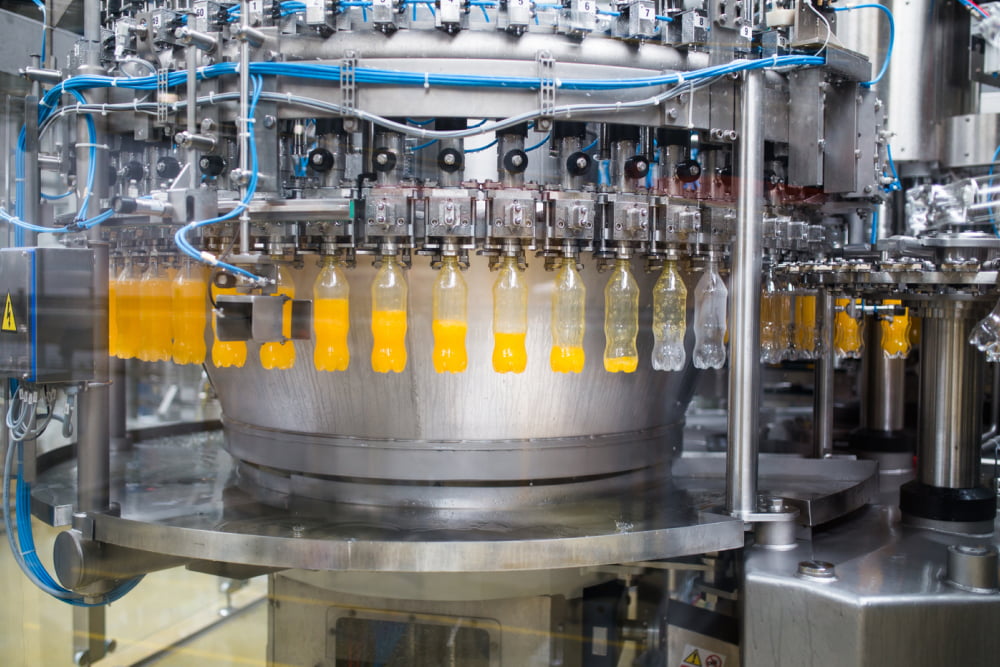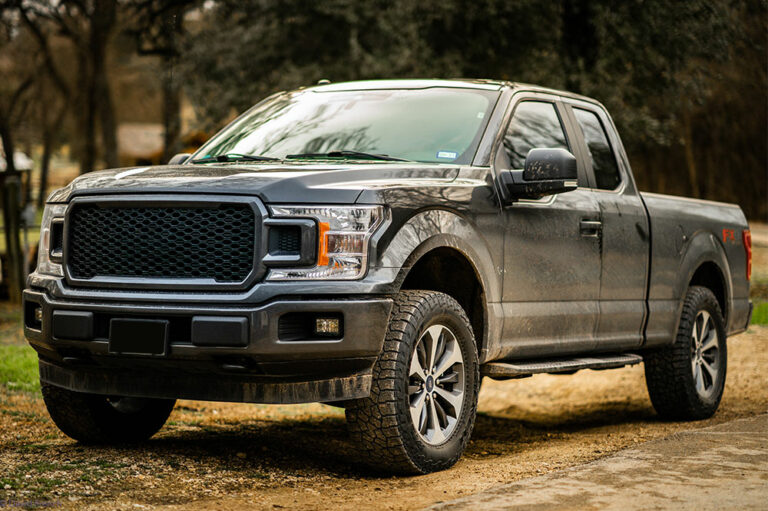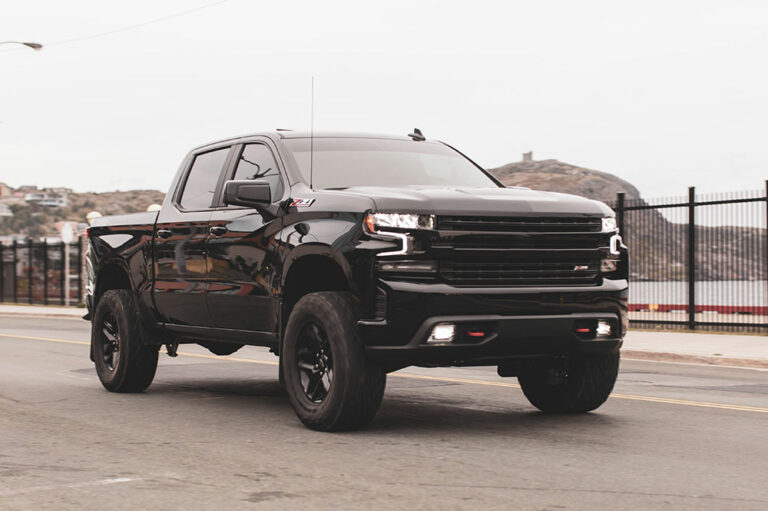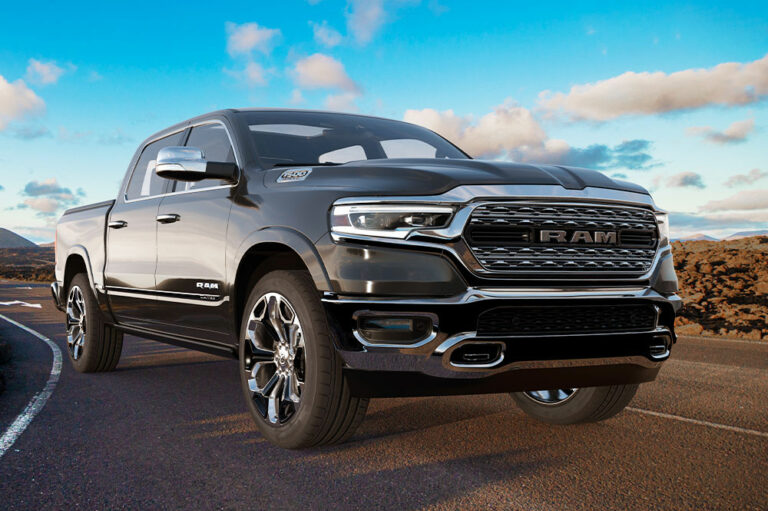
5 types of machines and equipment for industrial use
Manufacturing is a long and complex process that involves a lot of moving parts. Historically, manufacturing featured a lot of labor. Today, however, most of the manual work has been taken over by machines, working with human supervision. This transformation has helped increase productivity, improve efficiency and quality, and reduce costs and the risk of errors. Read on to explore some of the most popular industrial equipment and machinery pieces and their intended use.
Milling machines
These machines remove a layer from the workpiece using a rotating tool. They help cut uneven pieces into the desired shapes and designs. Generally, milling machines have a precision and accuracy range between 0.01 and 0.03 mm. Depending on their layout, they can be divided into two major categories – horizontal and vertical.
Drilling machines
Most households have a handheld drill for various tasks around the house. The main purpose of this tool is to produce holes in the workpiece. In the manufacturing sector, this task is often scaled up and performed by larger machines. The excess material is then removed by shearing and extrusion. By their scale and type of drill, these machines can further be categorized into upright or column drilling machines, portable drilling machines, multi-spindle drilling machines, and vertical turret-type drilling machines.
Turning machines
Turning machines bend and shape malleable materials into the desired design. This process affects both the internal and external surfaces of the workpiece. They are used across industries that design large and small parts, toys, tools, and more. Given their vital task in the manufacturing process, these machines have the highest level of accuracy and precision. Based on the product, these machines can be of various types, such as CNC lathe machines, bench lathes, tool turrets, toolroom lathes, boring machines, among others.
Quality testing machines
The ultimate goal of any business is to produce high-quality products. To ensure that the products meet certain standards, quality testing machines are utilized. These may include profile projectors, Rockwell hardness testers, coordinate measuring machines, surface roughness testers, profile scanners, vernier calipers, micrometers, bore gauges, etc.
Packaging machines
Once the goods have been manufactured, it is time to pack and ship them to retailers or customers. Packing machines help streamline this process by taking care of the cleaning, fabrication, filing, combining, sealing, labeling, wrapping, and palletizing the products. Some popular packaging machines include accumulating and collating equipment, skin packs, blister packs, vacuum packaging machines, box trays, cases, carrier forming and sealing machines, bottle cap machines, over-capping, closing, lidding, and seaming machines.
Other frequently found machines in the manufacturing industry include grinders for making tools, cranes for lifting and moving heavy items, and surface treating machines for cleaning, polishing, painting, or plating to improve the product’s overall aesthetics.







